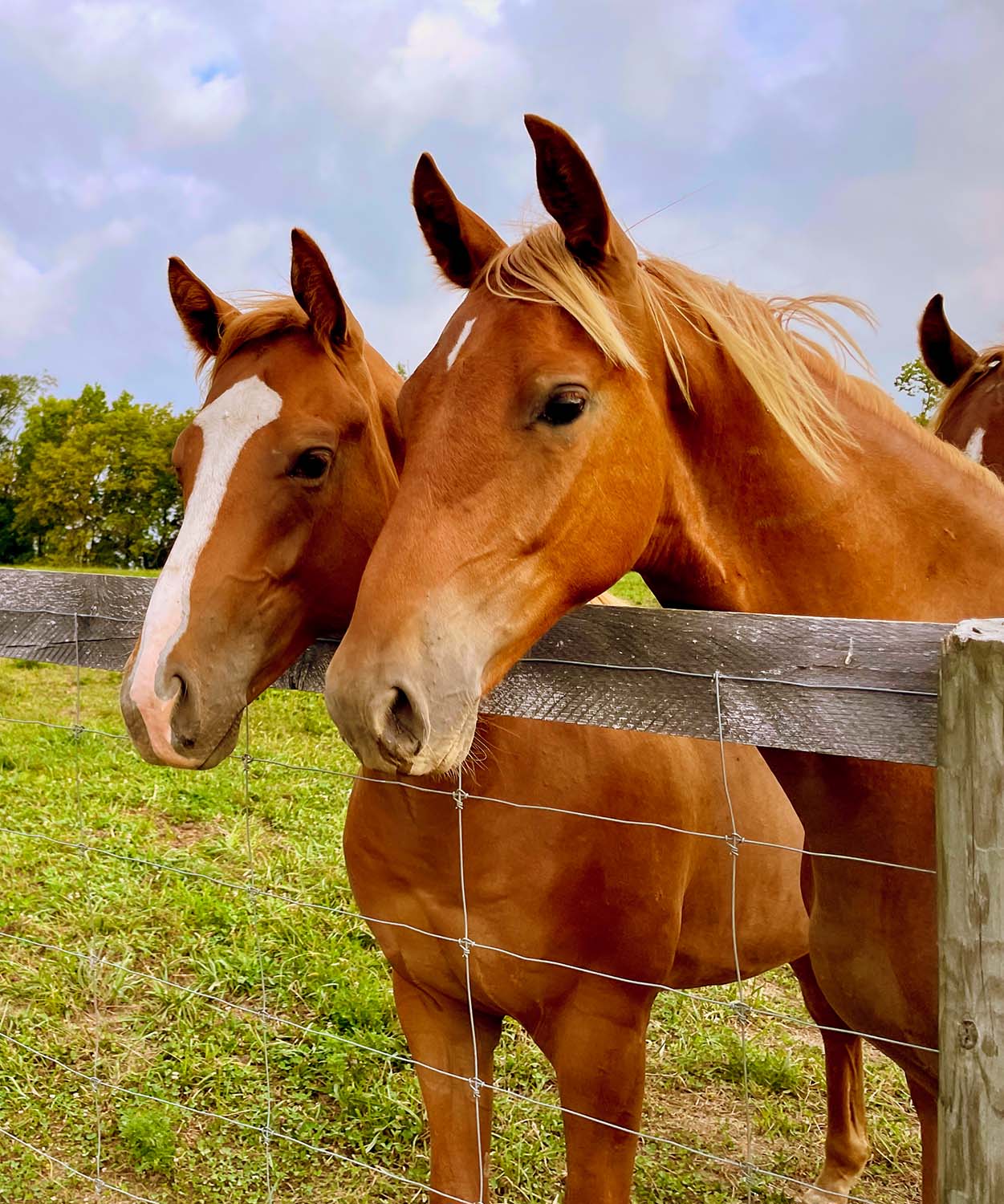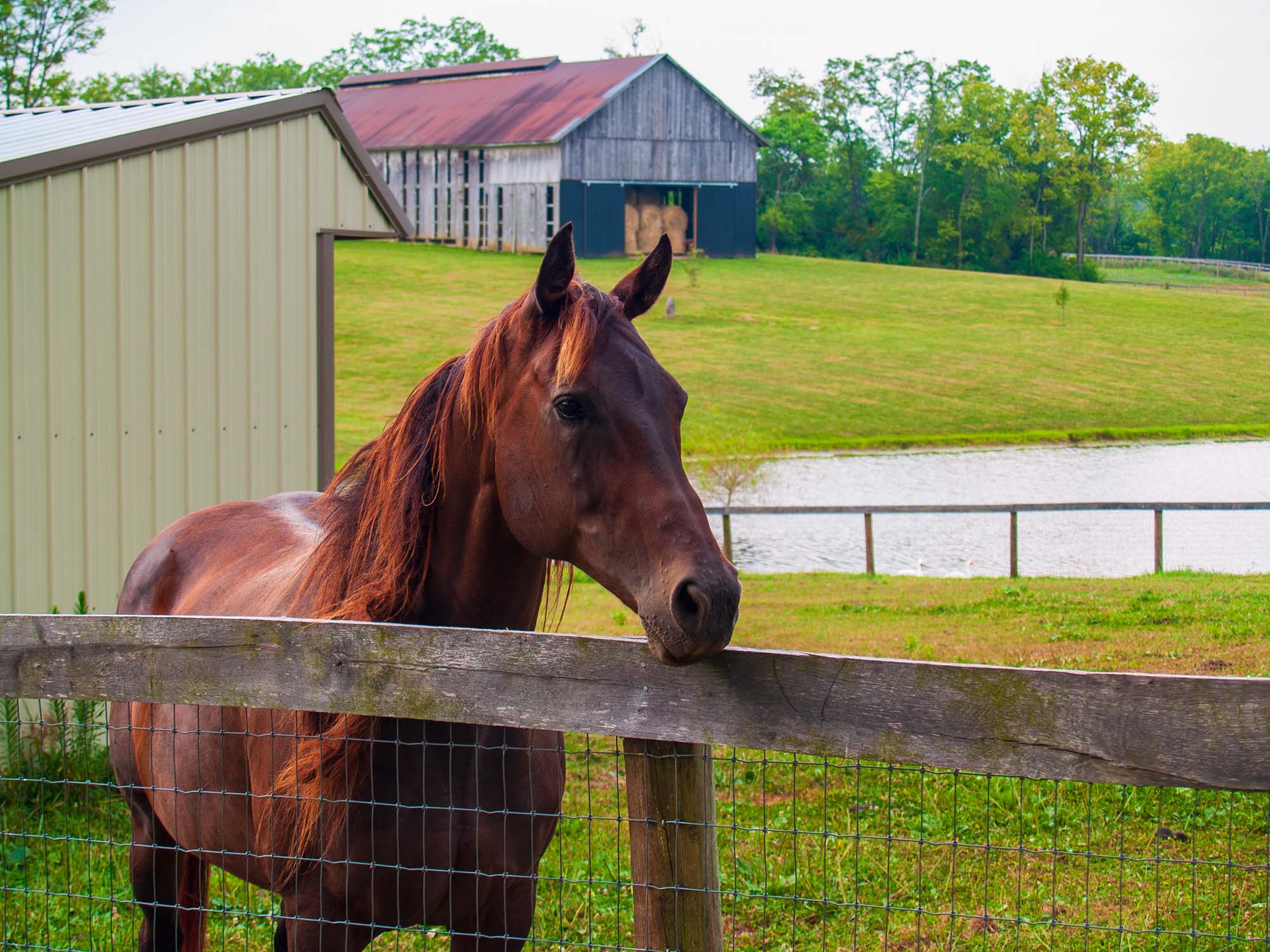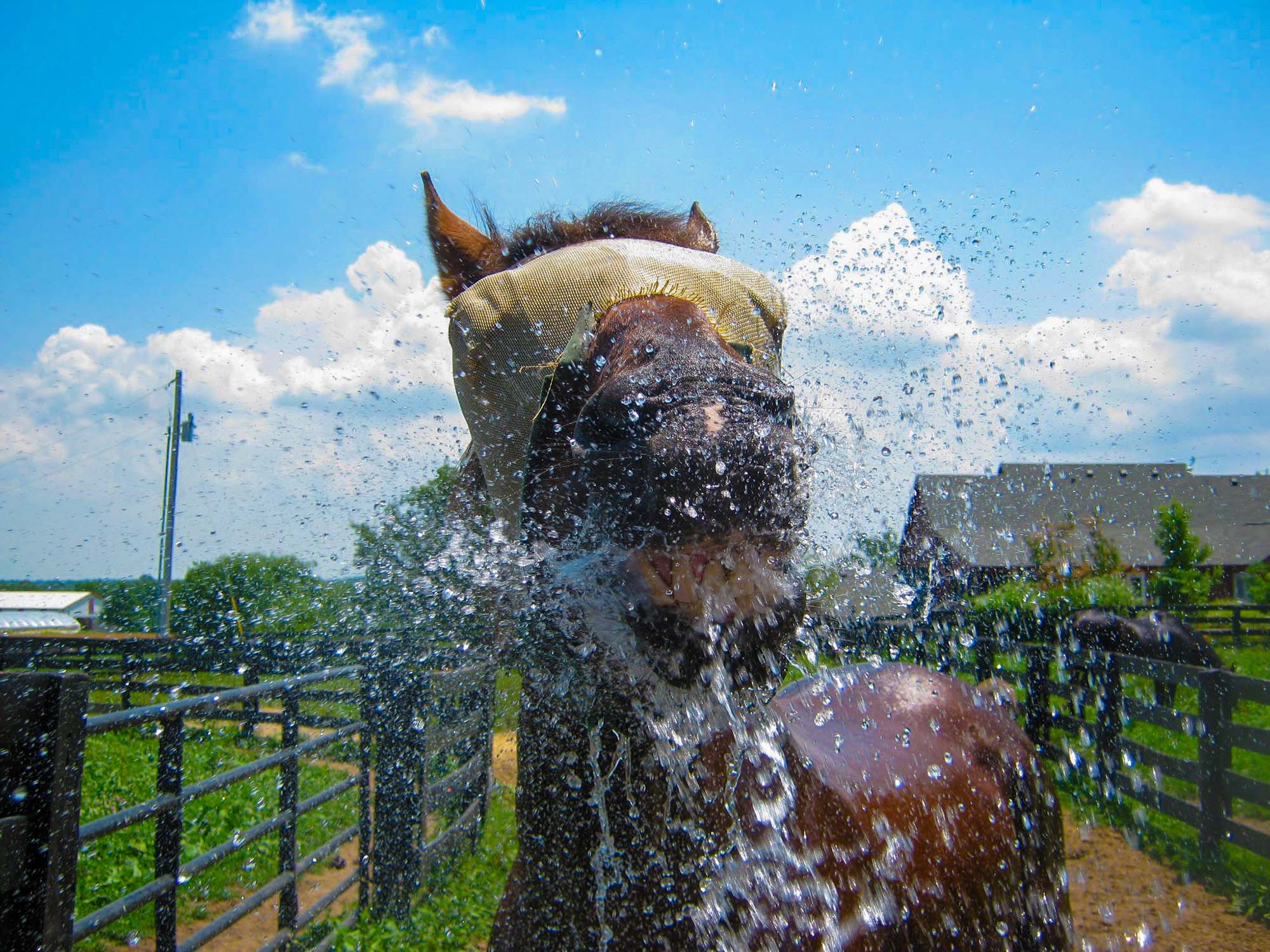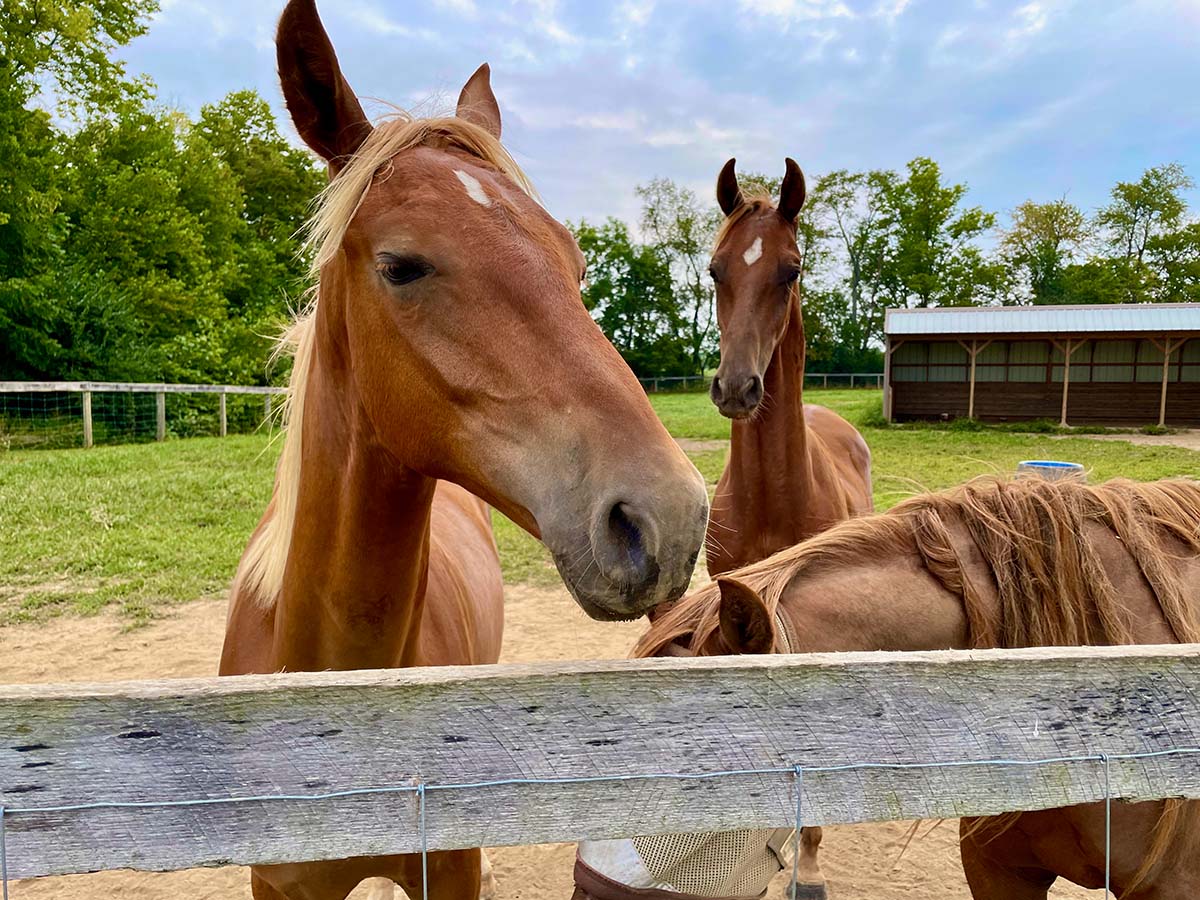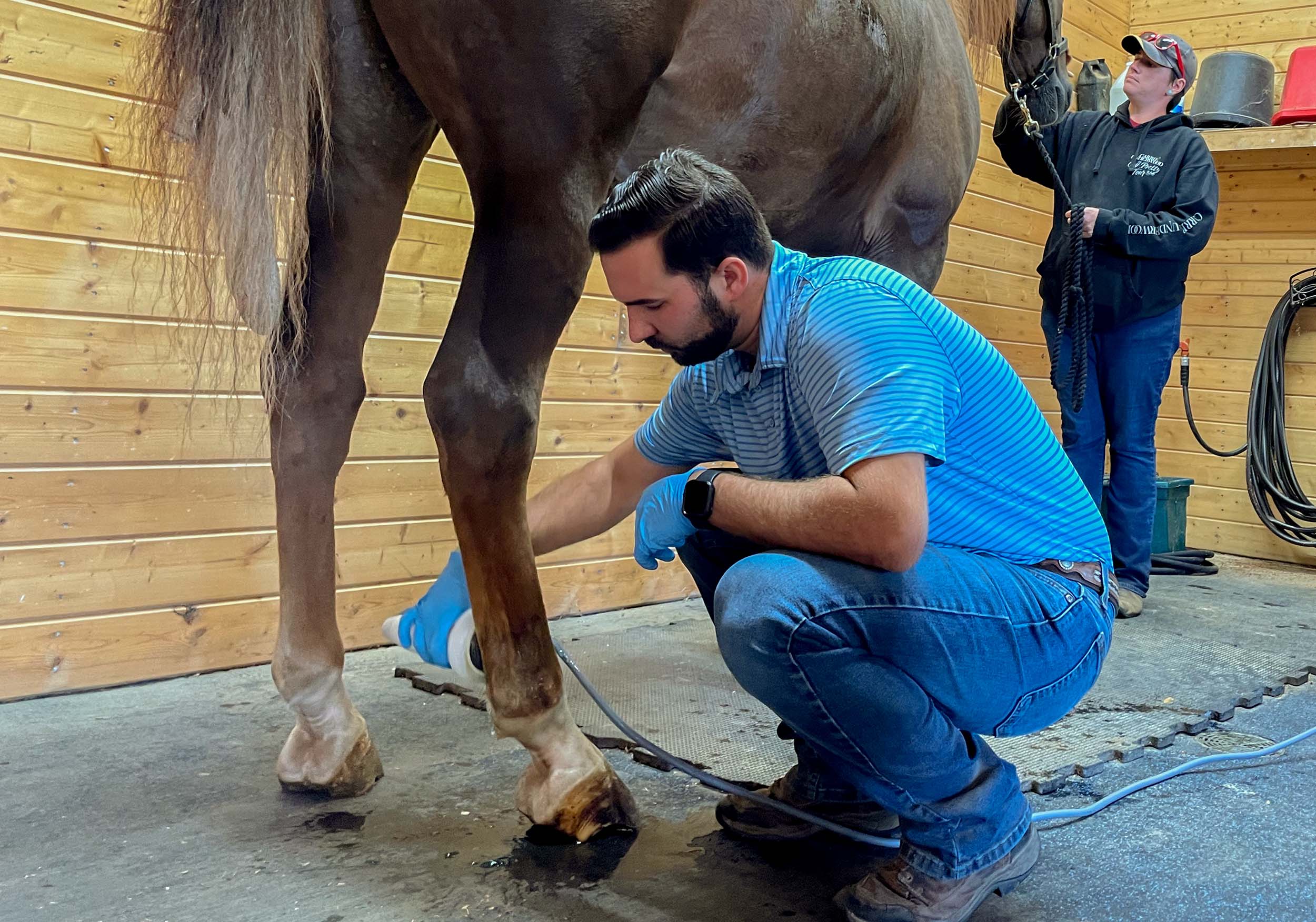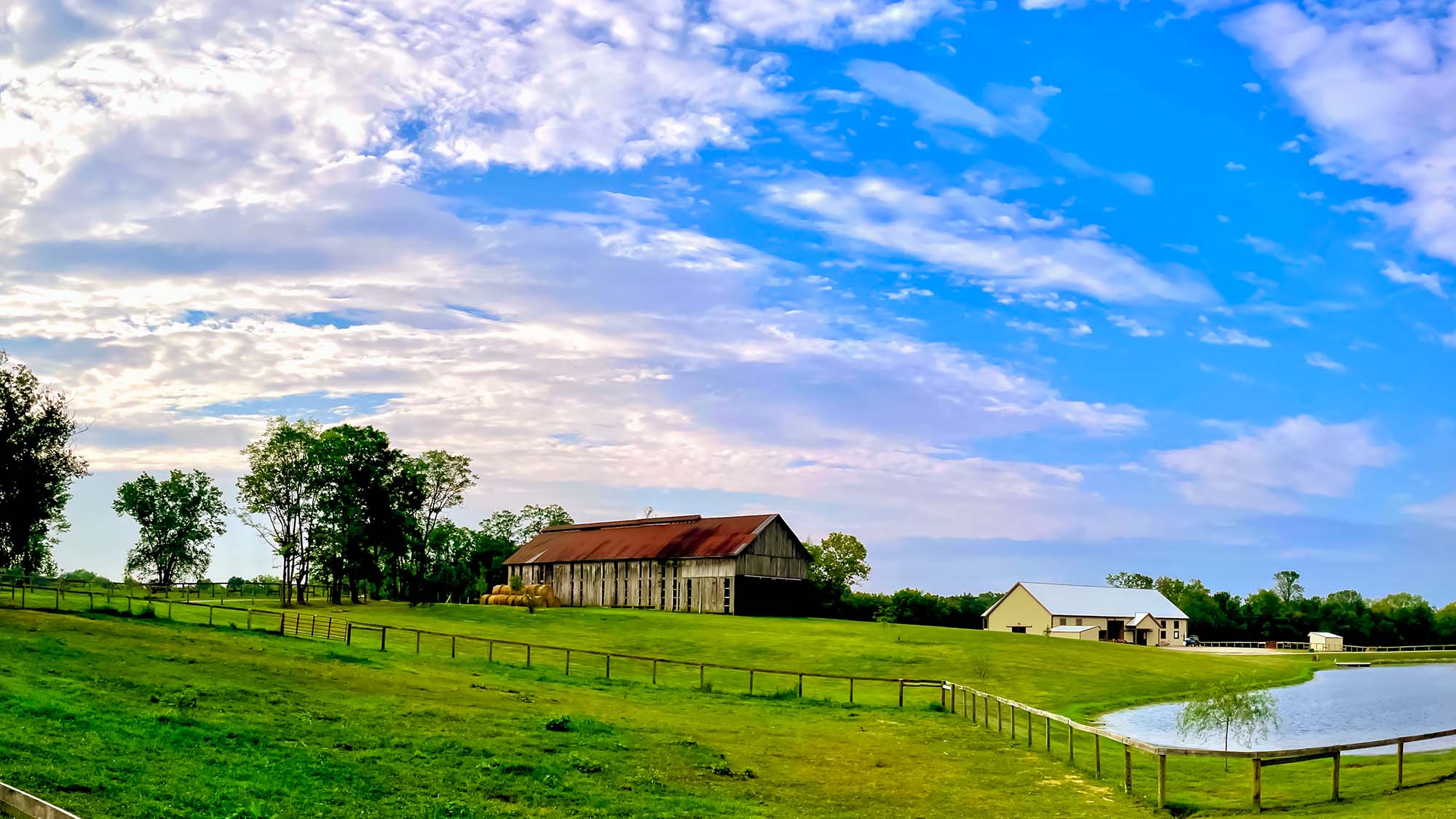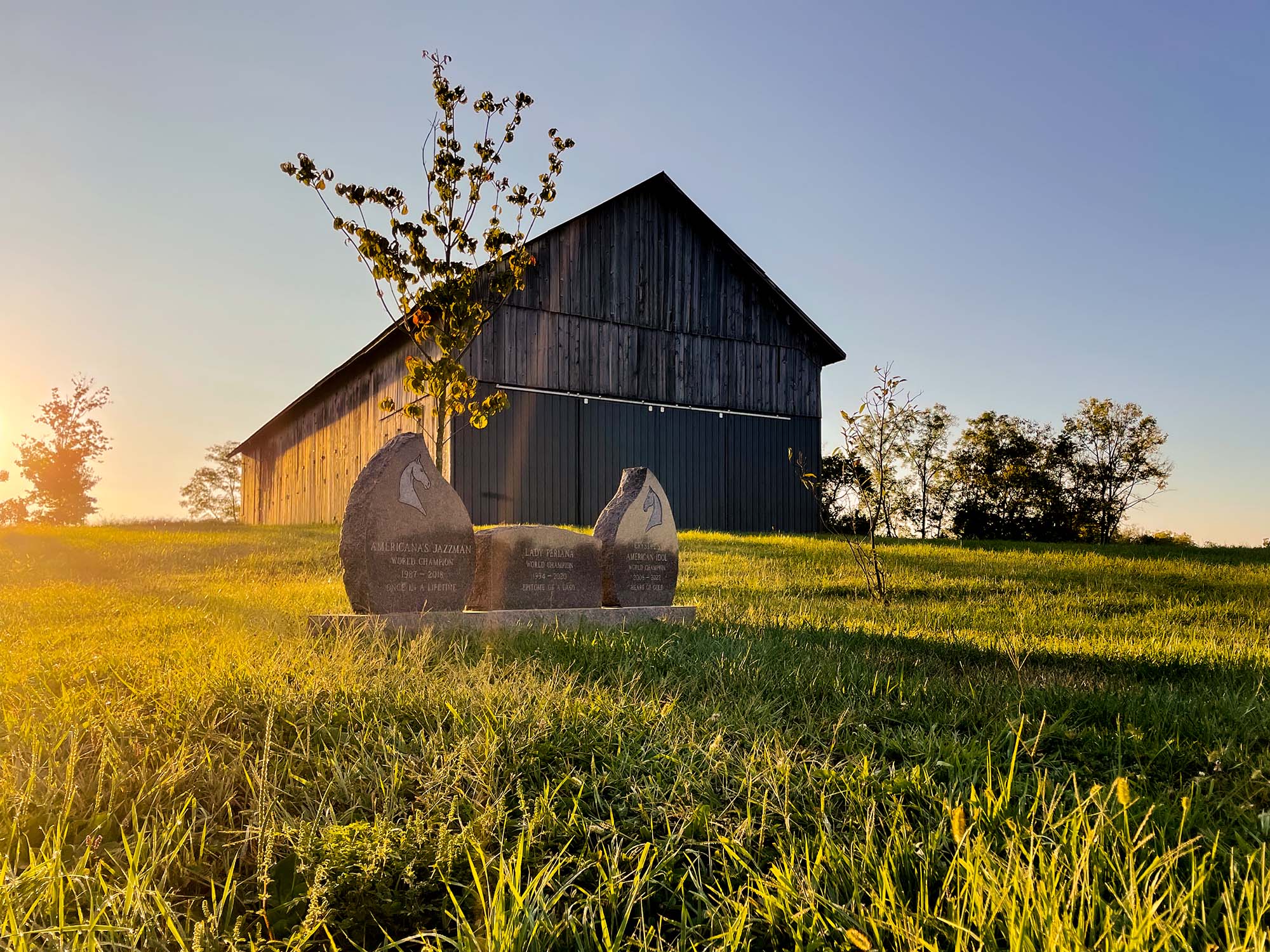Turn-Out Options
Past injuries and age may mean that your old friend will need to have his activities reduced, but that doesn’t mean they should just stay in the stable. Older horses with arthritis and other health issues are better out and about, moving instead of standing. The benefits of staying active can be stronger muscles and bones, reduction of inflammation, maintaining healthy gut function, and preventing the senior horse from gaining too much weight, which puts added strain on their joints, tendons, and ligaments.
Read Turning Your Horse Out to Pasture by Kentucky Equine Research for a more detailed look at the subject.
